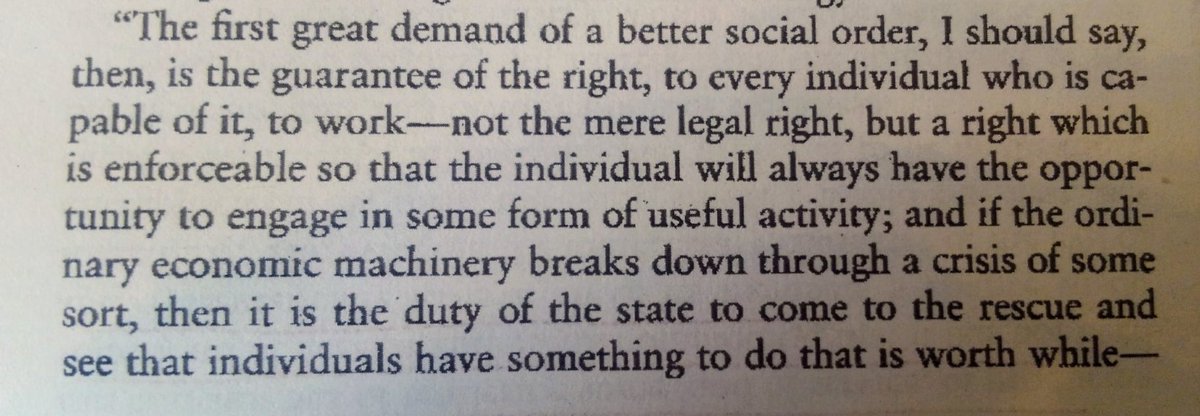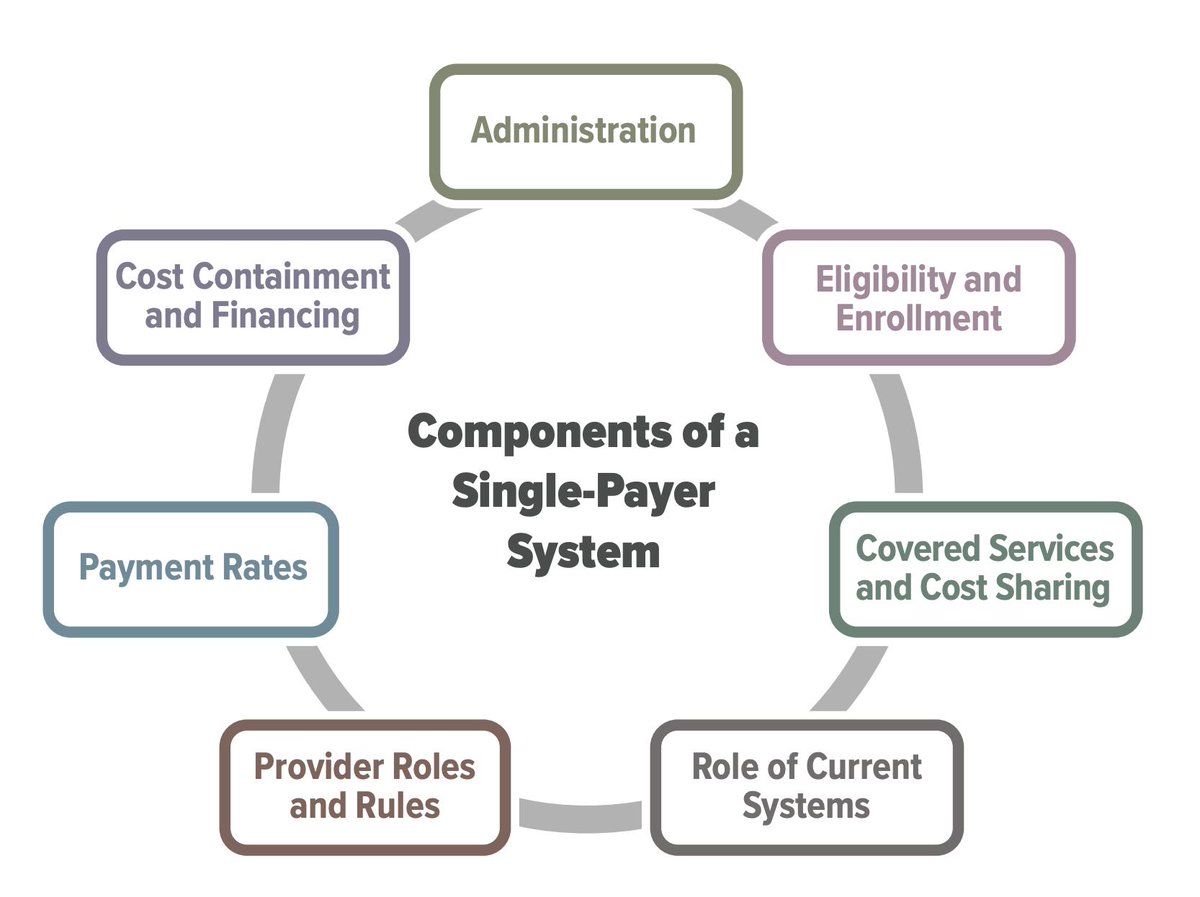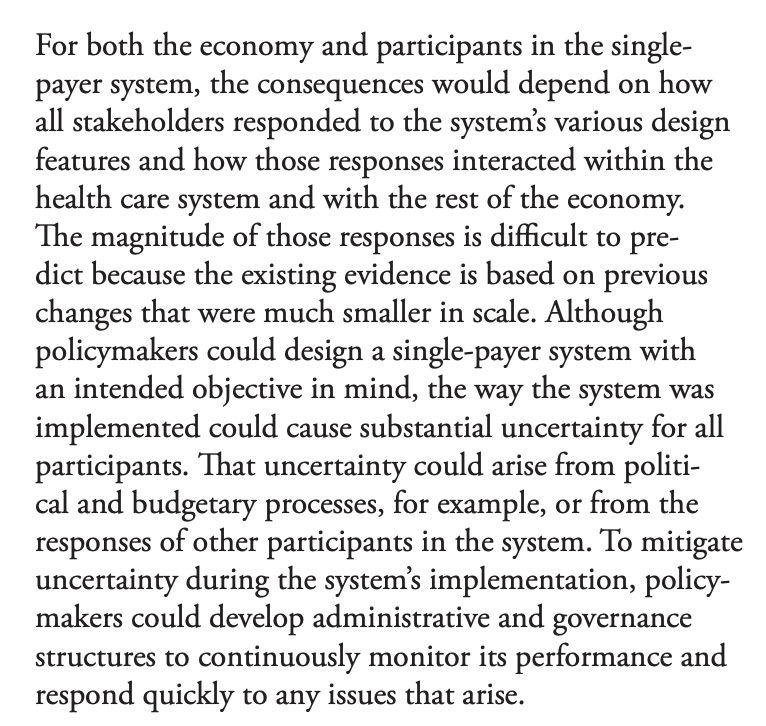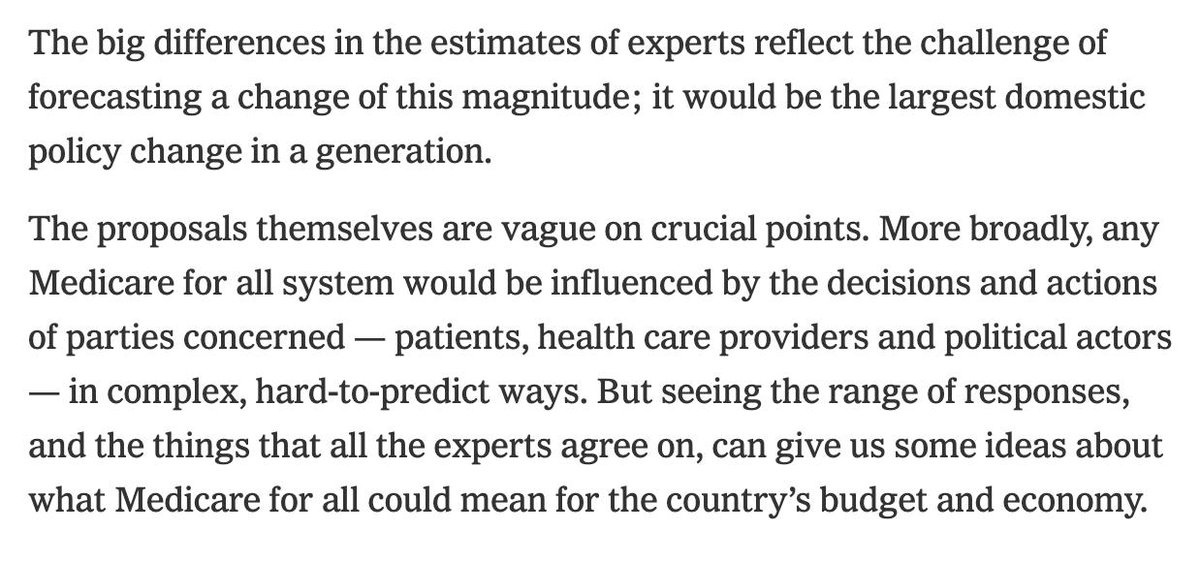The CBO is at it again with its new Primer on the Federal Debt cbo.gov/system/files/2…
Below is a thread but for a fully developed counter argument see this: tandfonline.com/eprint/RBIF35M…
ALL THE THEORETICAL AND EMPIRICAL EVIDENCE FOR THESE ARE WEAK
There is again no evidence for that.
Fiscal deficits are normal and help the economy. They help to smooth growth and private income.



















